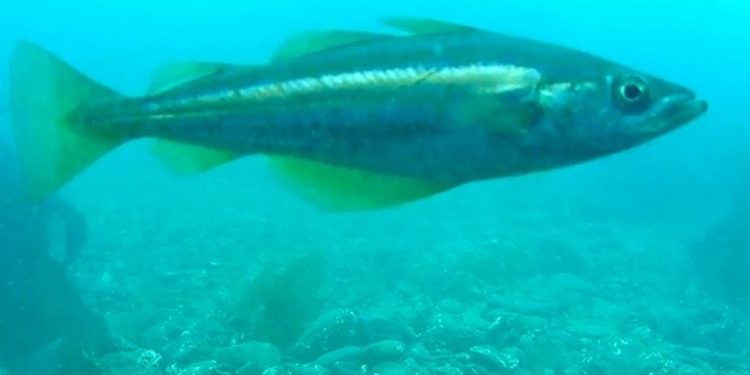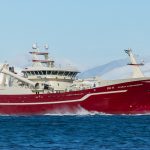The announcement of new management measures on pollack fishing highlights the urgent need for more data, according to scientists.
The announcement by Defra of new measures to restrict pollack fishing highlights the urgent need for more data about the species, according to the team working on the Pollack Fisheries Industry Science Partnership (FISP) project, which is collecting data on pollack biology, stocks and movement, and fishers’ experiences.
While its data hasn’t been factored into the latest restrictions, which limit commercial fishing to unavoidable bycatch, the project team aims to provide detailed evidence to help inform decisions about the species’ future.
It follows advice, issued in June 2023 by the International Council for Exploration of the Sea (ICES), that there should be no commercial pollack catches in the region (subareas VI & VII) for 2024.
The ICES advice was based on sharp falls in pollack catches, with a 72% decline in commercial landings in the Celtic Sea and English Channel in the last 20 years. However, ICES also considers pollack to be a “data deficient” species, meaning there is often very limited information to inform decisions about stock management.
The Pollack FISP project, led by the University of Plymouth and funded by Defra, aims to fill such a void.
‘Our work with the fishing communities of Dorset, Devon and Cornwall aims to build more evidence on which future policies can be based. The ultimate aim is for fishers to continue to function in a way that preserves their livelihoods and enables stocks to be managed sustainably,’ said Dr Emma Sheehan, Associate Professor of Marine Ecology at the University of Plymouth and lead of the Pollack FISP project.
Pollack is the fourth most valuable finfish for commercial vessels under 10 metres, is of major socio-economic importance to the recreational charter fishing fleet and plays a key role in the UK’s marine ecosystem.
A key part of the data collection is tagging and tracking individual pollack, and since the project started, scientists from the University of Plymouth have fitted 50 fish with acoustic tags.
Each tag emits a unique ‘ping’ and allows the fishes’ movements to be tracked using the FISH INTEL network of receivers around the UK and Europe.
The tagging has already yielded success, with pollack tagged off the coast of Plymouth having been detected by the receiver network.
As more data is collected, the project will show their movement and distribution patterns along our coastline, allowing the team to identify the timing and direction of pollack migration and provide insights into essential habitats for the species.









